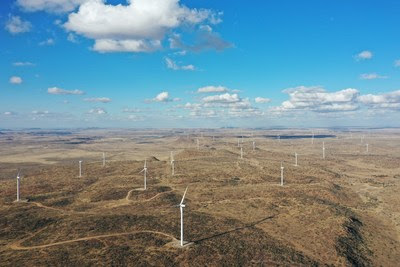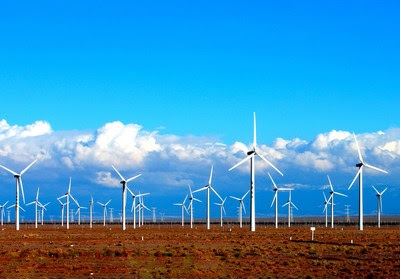LONDON, Dec. 05, 2022 (GLOBE NEWSWIRE) — Tusk Inc Limited (tusklimited.com), one of the world’s leading manufacturers of solar modules and complete solutions, recently launched new products such as the T.640 Solar Unit, T.150 Solar Panel with Crypto miner (complete), T.640 Solar panel with Crypto Miner, and so on. And these have piqued the interest of industry professionals. The reason is simple. Power consumption for crypto mining can be burdensome. This new technology platform is the result of feedbacks from miners and has been met with development and testing, hence this announcement.
Charging speed, battery life, security guarantees, and user experience have all improved over previous innovations. The T.640 Solar Panel Kit is compatible with a wide range of devices, tools, equipment, home and electronic industries, including cryptocurrency miners and provides security, long backup, and other areas, regarding power supply.
Tusk Inc has tested the efficiency of combining their solar products with cryptocurrency miners over time with their recent transition from polycrystalline to photovoltaic materials, and this has proven to be the most effective. Tusk Inc investors can now mine their coins with ease and maximum profit.
You do not have to worry about electricity, which has been a major issue for miners. There is 5-10 years guarantee on the panels, ensuring that they can be used for a longer period of time while you still make money from mining. This is the combination of good products.
About Tusk
Established in 2012 by team of management experts, and later joined by a team of technology experts, Tusk Inc. is now one of the leading electrical solution providers. They pride themselves also in their ability to manage risk effectively, since they have been in the business of managing risks for over a decade. And through several advancements in technology, they have incorporated less risky ventures into the Risk Management system, one of which is cryptocurrency mining, using photovoltaic materials.
PR Manager
John Walls
john@tusklimited.com
(+44)7451214344
GlobeNewswire Distribution ID 1000770519


